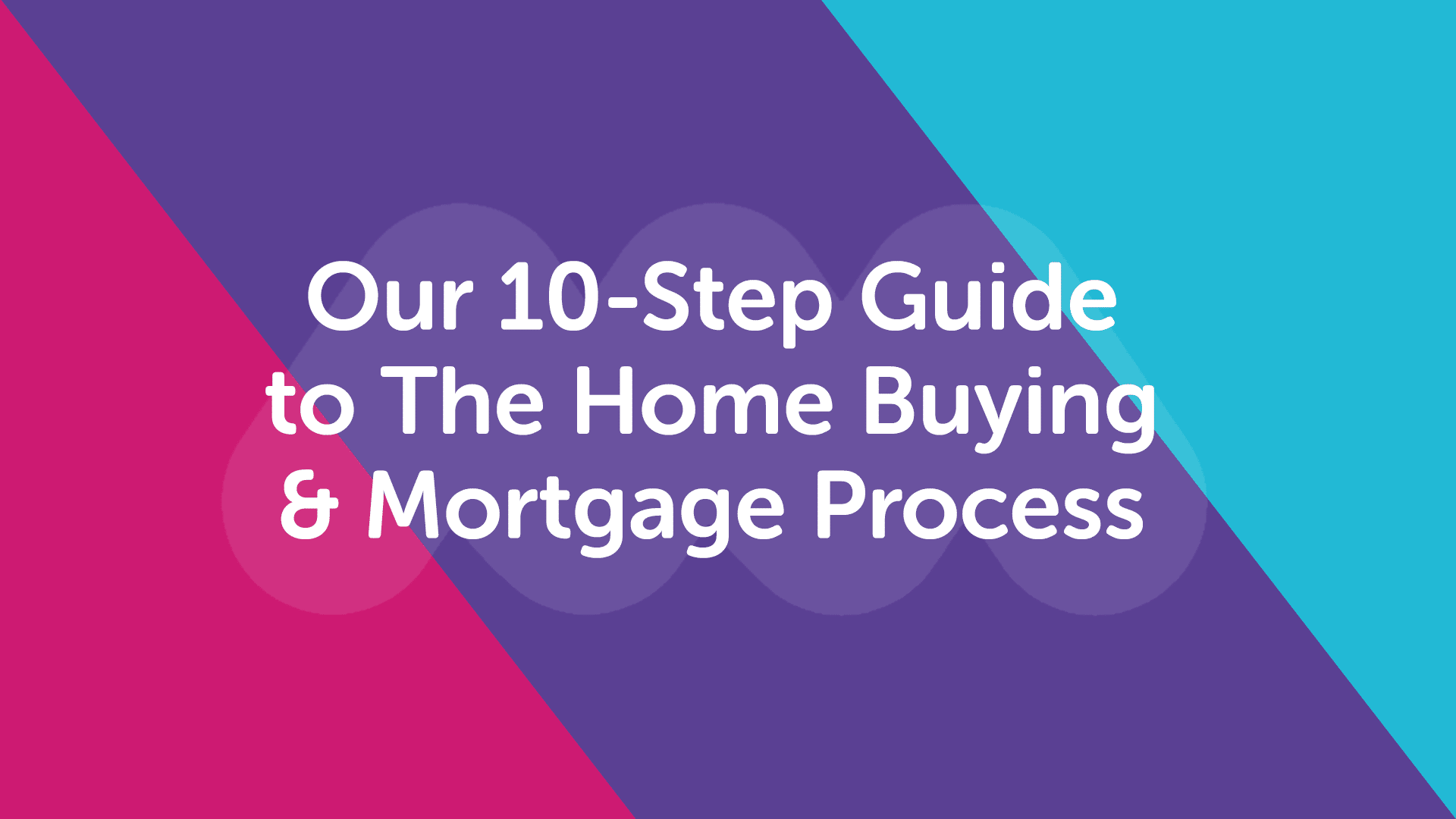Historic rules for borrowing for a mortgage in York
Prior to present day of credit scoring, mortgage were manually assessed by your Building Society Manager. The 1990s bought lenders moving towards more uniform income assessments as a way to make the process more consistent and reliable.
In order to reduce people who couldn’t a mortgage getting accepted, a lending cap was introduced. By doing this, the number of people borrowing a lot more than they could actually afford was reduced with some borrowing more than 3 or 4 times more than their income.
As time went on, lenders were starting to be more generous with this lending cap along with their conditions which resulted in receiving more mortgage applications. A number of lenders were even granting their customers a mortgage without looking into the customer’s financial history and payslips.
As you may have anticipated, this cause the economy to collapse and became the catalyst for the Credit Crunch of 2007. At this time, lenders were only pursuing cases to those who could afford 20-30% deposit which made the mortgage process challenging for both a First Time Buyer in York as well as those Moving Home in York.
When it comes to the amount you could borrow for a mortgage, your income, expenditure and the lenders’ affordability calculations factor into this. Throughout the years, the number of banks that are able to lend for mortgages has ebbed and flowed. This can be due to the market conditions and appetite for risk at that time.
In the mid-2000’s, seven times annual income was more acceptable, however, it has also been as low as three times annual salary in the past.
Mortgage Market Review 2014
The events after the Mortgage Market Review of 2014, it is rare that they apply this “multiple of salary” rule. These days, Lenders take a more thorough approach to your personal finances before working out the amount you are able to borrow. Below are the factors a lender would consider:
- How much will the lender say I can borrow for my mortgage?
- How do I know if it’s affordable?
- What if interest rates go up in the future?
How much will the lender say I can borrow for my mortgage?
As stated before, how lenders calculate your borrowing capacity (affordability) has changed to be a lot more refined. From lenders working off simple incomes multiple of, say three times your gross annual salary to now having affordability calculators that range from lender to lender, it’s definitely evident of how lending has changed.
When it comes to income, lenders do have criteria for what they do and don’t accept because of the complexities in the way people are paid. You might be in a job where you earn a lot of overtime or bonus or commission, lenders may factor much more of this compared to others. A number of lenders will take in particular benefit income like child tax or working tax credits into account whereas some won’t.
When it comes to applicants who are Self Employed in York or own a limited company, lenders will assess your income in different ways. Due to this, the same customer would be assessed to have widely varying affordability levels from different lenders.
A final factor that can affect the overall affordability is the product that you want to take along with the term of years you want to borrow the money over. Furthermore, lenders will take out regular outgoings like personal loan payments, maintenance payments or credit card bills from your salary. Even though many lenders or brokers will have a ‘rule of thumb’ this is just a quick guideline. With this in mind, it’s key that you check with your mortgage broker for more accurate figures based on your specific circumstances.
How do I know if it’s affordable?
Obviously, lenders will take a sensible approach when it comes to the amount they will lend to you. They won’t lend you more money than you can realistically afford which could put you under a lot of financial stress. This is why a lender’s affordability calculator is helpful for providing an accurate answer on whether lending to you an amount is viable or not.
When it comes to assessing affordability, this can vary from lender to lender, therefore, it’s helpful to complete your own budget planner as you can almost second guess whether you will pass the assessment or not. Something to remember is that owning your own home is not just about paying the mortgage.
You need to consider additional costs like council tax, utility bills and other committed payments like personal loans or insurance premiums as well as your regular food and drink bill at the supermarket. This is where you need to look at your lifestyle and how the costs will affect your affordability.
It may be best to look at your monthly income and deduct any of your other outgoings from this. If after this you have left what is more than enough to meet your mortgage payments, then you should be all good. If this isn’t the case, you can either make savings or sacrifices from our outgoings as a way to help you buy your dream home or look for something smaller!
Pre-planning can be beneficial with the overall mortgage process and can put you in a serious position to proceed. Here at Yorkmoneyman, we encourage our customers to be ‘mortgage ready’ and you can achieve this by checking out our article on ‘getting prepared for a mortgage‘.
What if interest rates go up in the future?
Recently, the UK has had a reputation for frequent interest rate changes. It’s been many years since the Bank of England changed its Base Rate, however, there may still be some uncertainty among many people because of future rate increases. The best way to combat this fear is to complete a budget planner. These will allow you to have a good idea of the amount you can afford which means you can factor in possible increases in order for your mortgage to be affordable both now and in the future.
Fixed-rate mortgages can be good if you are in doubt and are looking for future stability. As the name suggests, the rate you pay along with your monthly repayment is fixed for a specific period of time. Usually, the longer you fix for, the higher the (and monthly repayment) is likely to be, however, you might consider that to be a price worth paying for the stability it provides.
Date Last Edited: December 13, 2024














